For Us, By Us, with Love
August 25, 2022
For Us, By Us, with Love
By: Coral Bello-Martinez
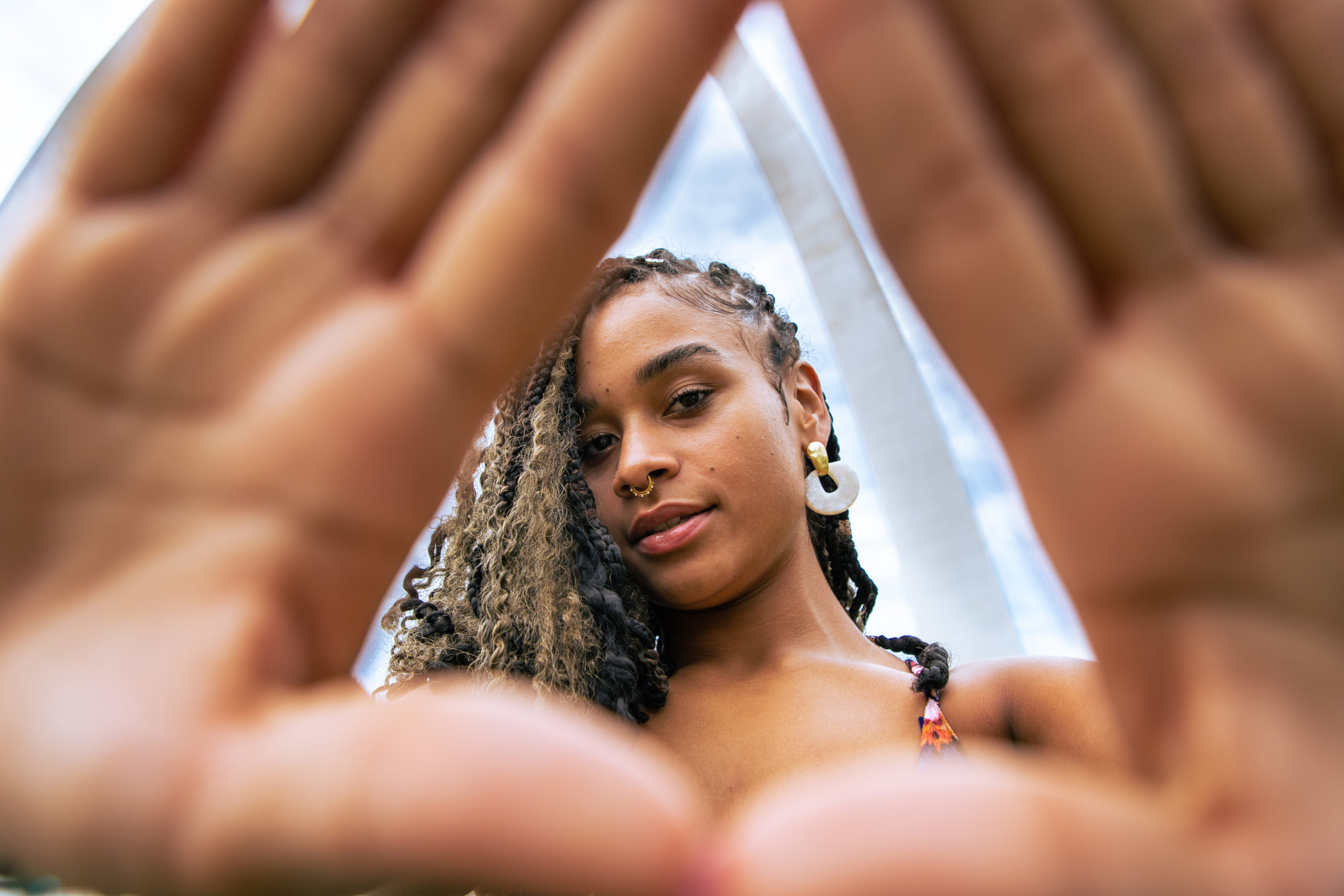
Meet Coral Bello-Martinez, an alum of WEPOWER’s Power-Building Academy who just joined the WEPOWER team as the new Economic Justice Organizer. Photo by Nyara Williams.
What drew me to work in education? I wanted to become the teacher that I had needed when I was in high school.
I was born and raised in New York, and my middle school experience in Harlem was the best—like, hands down. I rave about it to this day. It was Blackedy Black Black: a Black principal, Black and Latinx educators, Black curriculum, and Black radical imagination. They had cultivated a beautiful, beautiful space for us, and it was so powerful to be in that as a young person. It was for us, by us, and with love. To this day I still have all of my middle school teachers on social media, because they were That. Bomb.
When I transitioned into high school, it simply was not the same. The staff was predominantly White, and the culture had a lot of rigidity. The voices, individuality, and creativity of us students were not allowed to flourish–consistently silenced by the heavy hands of an administration that convinced themselves that what they were doing was best for us.
It was during my senior year that I decided I wanted to be an educator. It became the dream job that I would pursue to ensure that kids were loved on and supported during their educational career. To ensure a space where kids could thrive, just like my teachers did for us in middle school.
In 2020 I moved to St. Louis for my first full-time teaching job at a local high school, and the kids were amazing. Yes, they were rowdy. Yes, they were hormonal. Yes, they absolutely did catch attitudes from time to time. And yes, they were amazing humans. They were the reason why I got up in the morning and dug deep in my soul for an ounce of motivation to go in and try to be excellent, regardless of how I was feeling.
But the school structure? I couldn’t tolerate it. It was not a cultivator of joy, creativity, or teamwork, but instead a power trip on almost every front. Every day I showed up to work, I felt like we were there to reprimand and get the kids in trouble. It was heavily reliant on punishments and discipline, and that is far from the best way to approach education. The best way to approach education is with love, care, and understanding, with love being the greatest force of them all.
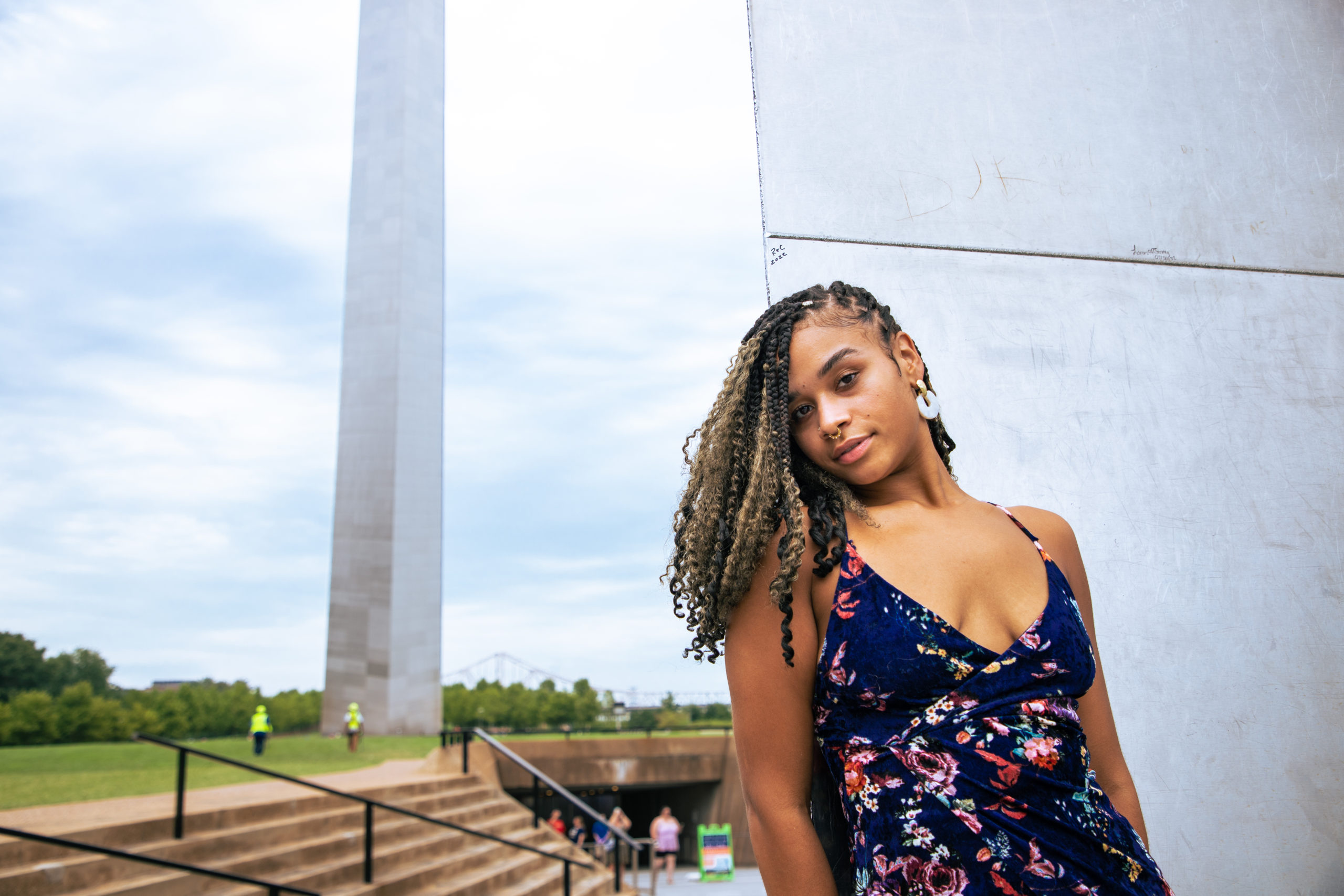
Coral leans against the St. Louis Arch in her new home of St. Louis. She moved here in 2020 to originally pursue systems change through high school education. Photo by Nyara Williams.
Yes, I was able to be a major advocate for my students, but there were many moments where I was literally the only person saying something to defend our kids. After the fact, however, so many people would thank me behind the scenes. I’d get a whole bunch of G-chats and emails saying, “Oh my God, thank you for speaking up!” Or “You’re so powerful. Da da da da…”
Ya’ll, let’s get real. The support doesn't count when it's silent. I don't care if you agree with me behind doors, I need you to agree with me when we're in the meetings, when we're in front of the big bosses, when we're in front of regional administration and we're making decisions. That's when I need y'all to agree with me. Not in a G-chat. Not in an email. Not in a side conversation whispered in the hallway. You want to shake my hand in private or after-the-fact and say, “Thank you so much”? No, no.
“Ya’ll, let’s get real. The support doesn't count when it's silent.”
Let me think for a minute on where my ability to think, speak, and advocate as powerfully as I do comes from. I was raised by my Mami and Abuela, and saw my family sacrifice quietly and labor relentlessly in order to provide for us. I never wanted to be an added stress for them, so I, too, kept myself quiet and scarce.
But then in middle school, where my teachers, administration, curriculum and beyond were phenomenally Black and Latinx, I started writing. The words started moving from my head, out through a pencil, and into a composition notebook that I still have to this day. And what came out in the pages of that notebook were like my training wheels for a much more public voice that I’d develop soon down the line.
In my freshman year of high school, I joined a spoken word club. We were just a bunch of kids in the hood navigating life and the trauma and violence in our everyday lives, but because of this club we were now navigating those experiences together and supporting each other through it: writing about it, speaking it, and then performing it for hundreds of people.
And as I started to perform my story publicly, I started to realize that my story wasn’t mine alone. As I performed, people saw themselves in my work and started saying things like, “Oh my God, thank you for sharing that. That’s something I never thought I could share, and you just went up there and did it.” I had never thought of telling my story as something that was so powerful up until I stepped off those stages and was able to receive such a dynamic embrace from the audience. I began to think, “Maybe I should speak up more often.”
When I reflect back on it now–wow. To speak up, speak vulnerability, and have it unlock yourself and others at the same time? That is power. And after so many years of silence–my own and that of my ancestors–I saw the preciousness of this power and began to guard it with my life. You never know if what you're saying is something that other people are afraid to say but it really needs to be said. Something that will unlock the quiet truths of others, of generations.
“You never know if what you're saying is something that other people are afraid to say but it really needs to be said. Something that will unlock the quiet truths of others, of generations.”
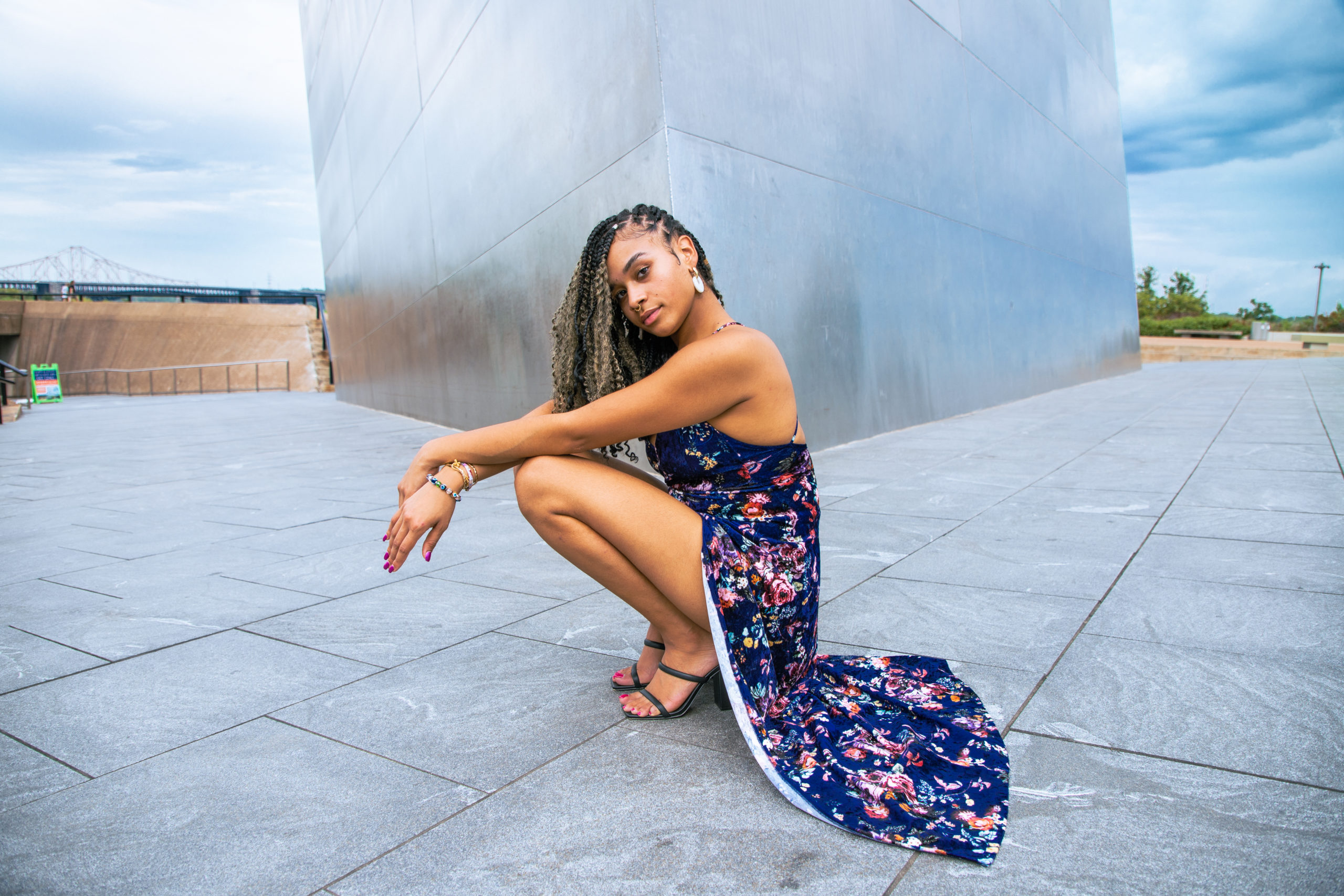
Photo by Nyara Williams.
Fast forward to when I was teaching in that St. Louis high school, yes, I was a powerful advocate for those incredible students, but I can’t do this work by myself. I need people alongside me with a shared mission in mind, and for us to take action together. And as I did this justice and advocacy work without having the solidarity and support of my team, my well-being took a downward spiral. I had to let that supposed dream job go.
“It's okay that my dream job is no longer my dream job,” I affirmed for myself, “I can find other ways to make the change and impact that I want–and in an environment where I, too, can be healthy, supported, and part of a community working toward the same vision.”
And now, this is manifesting. After being nominated for WEPOWER’s Power-Building Academy by a former co-worker last fall, I went through the program and absolutely loved it. I stayed in touch with the organization, grew the relationship, and joined the WEPOWER team as the economic justice organizer in August of 2022.
Here, I have the opportunity to facilitate learning in a way that makes sense to me. I build beloved community, help people see the systems and how they harm our Black and Brown bodies, and then we work together to activate our power for the personal and greater good. At WEPOWER, I have found other ways to have the impact that I want in the community while being collaborative, creative, and supported by a whole team. And so far, it doesn’t even feel like work–it’s just energizing.
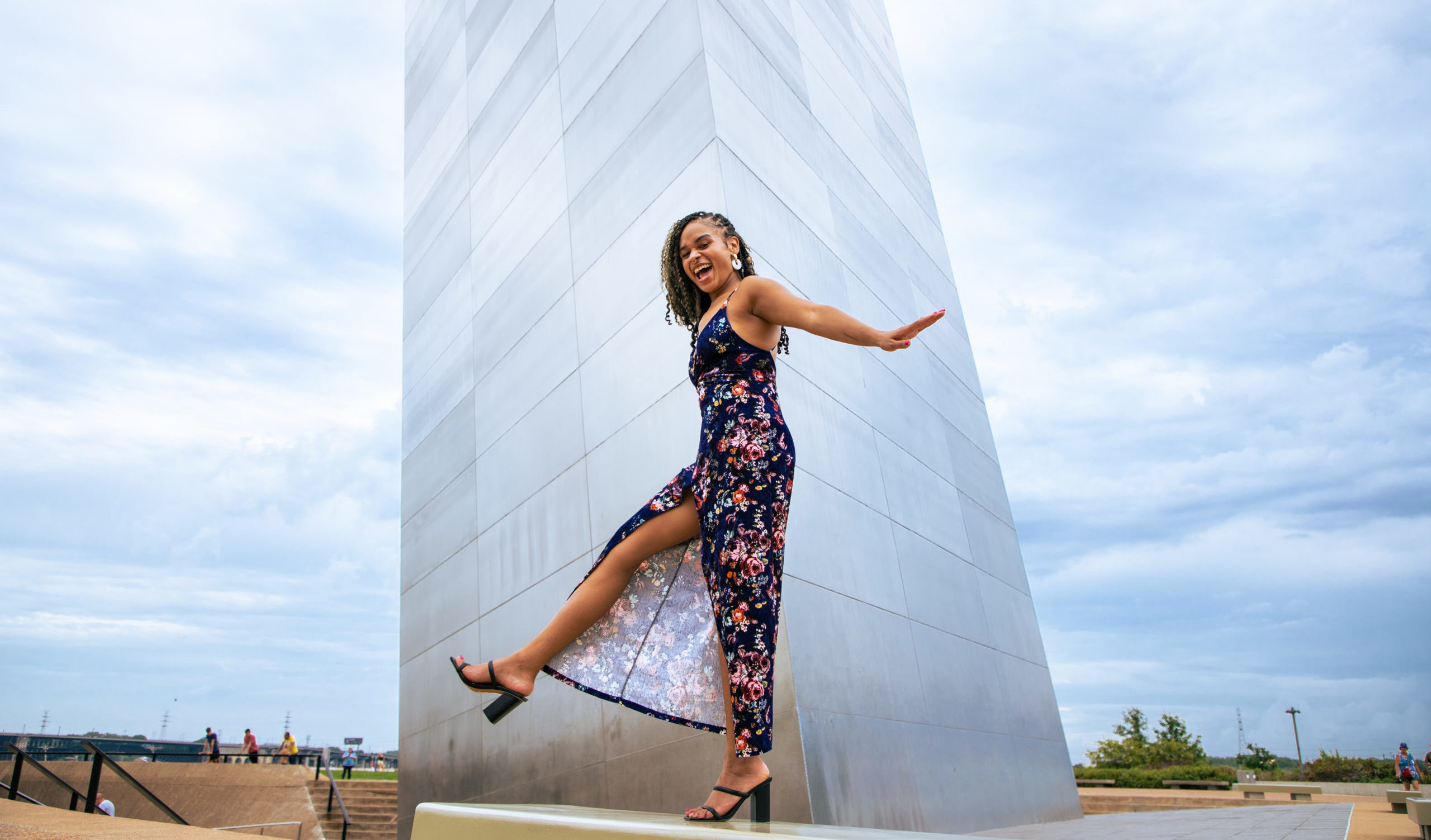
Photo by Nyara Williams.
In the Power-Building Academy we focus a lot on data, and knowing the data takes your experience to a whole different level. When you see how much different households make per year, how many people lack access to transportation, who has access to childcare and who doesn’t, etc., connections start to form in your head and heart, and you start to see things differently. You begin to understand that your story isn’t singular, but instead a symptom of a big, man-made system.
“When you see the data…you begin to understand that your story isn’t singular, but instead a symptom of a big, man-made system.”
The realizations you gain through the Power-Building Academy and by seeing the system are the same kind of realizations that I had in the spoken word club: that we are all in this together for real. My story is not singular and your story is not singular. It’s not just “yeah, my dad couldn’t get a housing loan,” or “ I can’t afford childcare this month”–this is happening to lots of people. And once you get that collective knowledge and fire in your heart, you feel the potential of your power, you want to fight, and you want to find solutions.
What else does sharing our stories and seeing this data show? That the change has to be us. It starts with us in our day-to-day lives in the way that we interact with each other, love on one another, support one another, and push each other forward. It's not going to be the politicians, it's not the president, it's not the mayor or the state rep. It's not Billy from Amazon, John from Costco, or Jeffrey from Walmart; it's us. We are the ones that need to come together and create the change and communities that we want to see for ourselves. Waiting for somebody else to make a change is like waiting for Rihanna to drop an album–it just may never happen!
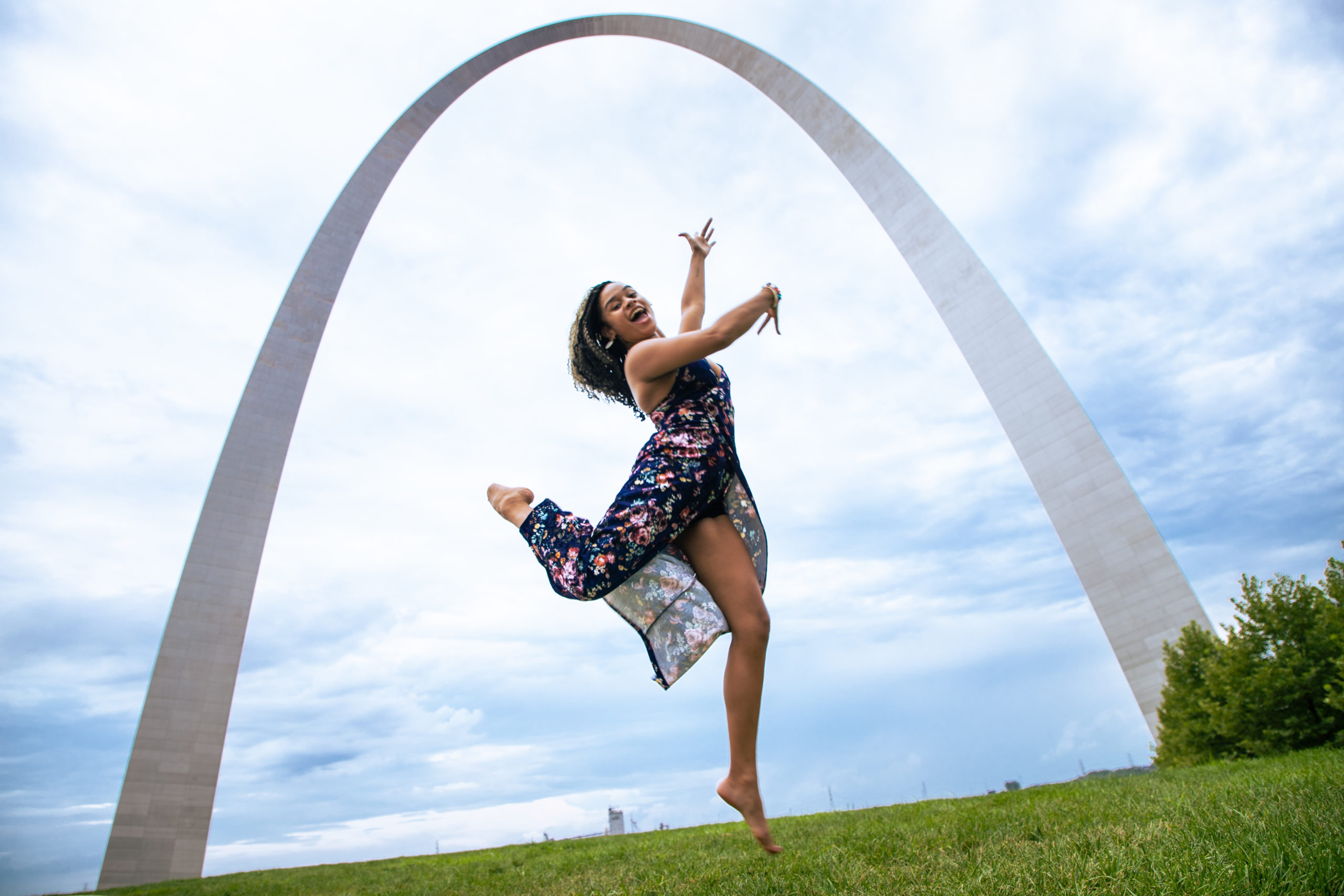
“We can't wait for anybody else to liberate us. We are the ones with that power when we get organized.” Photo by Nyara Williams.
We can't wait for anybody else to liberate us. We are the ones with that power when we get organized. We are the ones that are in charge of creating a different future, and we can lead this charge for us, by us, and with love.
Written in partnership with Whitney Bembenek.
